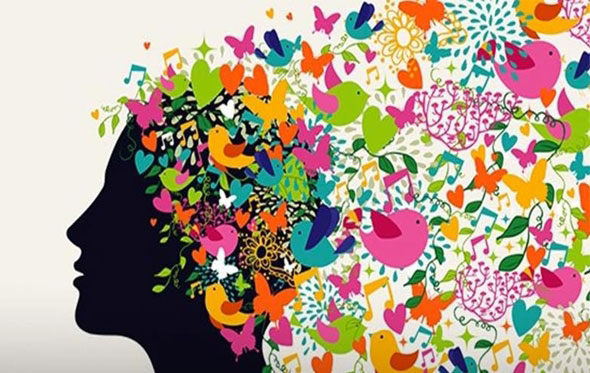Affection versus Rejection
From a child's perspective, affection manifests as warmth, attention, and consistent care, drawing them in with a sense of security and belonging. Children are attracted to positive reinforcement, gentle touch, and genuine interest in their thoughts and feelings. On the other hand, rejection, characterized by neglect, harsh criticism, or emotional unavailability, creates confusion and distress, pushing them away. This disconnect can lead to behavioral issues and a sense of inadequacy. Love, therefore, acts as the best medicine, fostering healthy emotional development and resilience. By nurturing a child's need for affection, we lay the foundation for their overall well-being and future relationships.
From a child's perspective, affection is a powerful force that nurtures their emotional and psychological growth. When parents or caregivers provide consistent love, attention, and positive reinforcement, children feel valued and secure. Simple acts such as hugs, listening actively, and showing genuine interest in their activities and feelings make a significant impact. These gestures attract children, encouraging them to open up and develop trust.
Conversely, rejection, whether through neglect, harsh words, or emotional absence, can be deeply unsettling for a child. Such negative experiences distract them from forming healthy attachments and can lead to feelings of worthlessness and anxiety. Rejection disrupts their sense of safety and can hinder their ability to form trusting relationships in the future.
Ultimately, love is the best medicine for a child's well-being. It fosters a nurturing environment where children can thrive emotionally, socially, and cognitively. By prioritizing affectionate interactions, we support their development and help them build a foundation of confidence and empathy that benefits them throughout their lives.
